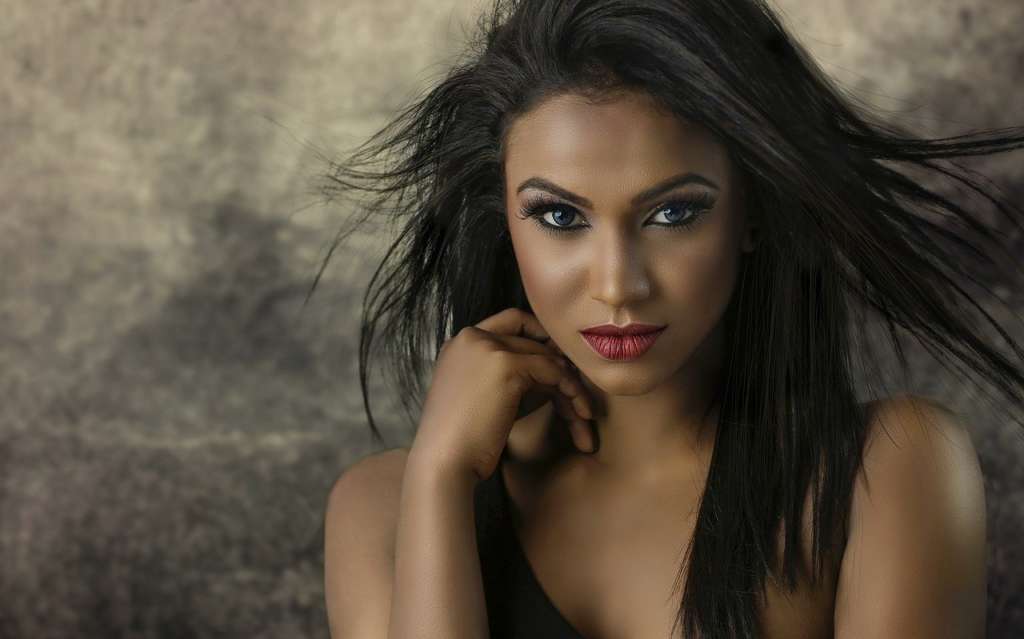Strategy One: Memorize the Names in Order of Gender.

Pakistani names are traditionally written and read from right to left, which makes it easier for English speakers to memorize them if they’re ordered by gender – male first then female.
The list below is arranged this way so you can start with males on the top row and work your way down until you get to females at the bottom. Here’s a handy mnemonic sentence that will help remember how Muslims order their children’s names (reverse-order): “Ma sha Allah, my son has just been born; he was given Muhammad as his name.” This sentence also helps explain why many Muslim girls have one or two middle initials after their name not shown on the chart below.
Strategy Two: Memorize Names as Random Words or Combinations of Them
No one will ask you for your name if all they want is to know what it’s like with Bosnian friends, but when someone asks about Pakistani people, try sprinkling these names into sentences and contexts where you would normally mention an English word that sounds similar. When two words sound alike such as “Amina” and “antenna,” just replace the first letter in each word – “Mina” and “n antenna.” This technique works best with three-syllable names that are easy to pronounce such as Aneela or Anum. Be creative!
Strategy Three: Practice Reading Names Out Loud
Practicing the names with a native speaker is an excellent way to advance from knowing how they’re spelled to actually pronouncing them. If you have friends or family members of Pakistani origin, ask for feedback on your pronunciation and then practice it out loud before repeating it in front of others. You will be surprised at how quickly you become familiarized with these sounds!
Strategy Four: Get Hands-On With Names by Writing Them Down
Keeping lists that include not only common first and last names but also variations within those categories can make things much easier when talking about many people – especially if there are multiple spellings involved such as “Aliya” and “Alyia”.
Strategy five: Get to Know a Name by Understanding the Meaning Behind it
If you are lucky enough to be able speak with an older person who can tell you about their past, ask them what they would have named their children had they been given that opportunity and then make note of these names in your list so that when people come into your life bearing those same monikers, you will know how best to pronounce them! This is not only helpful for native speakers but also for bilingual individuals such as yourself who might struggle with certain words or phrases. Remembering the meaning behind each name ensures that any confusion surrounding pronunciation disappears quickly. You may feel silly at first asking questions like this but it is worth it in the end when you are able to communicate with family and friends.
This one is easy, but do not forget about how many syllables each name has! Sometimes spelling a word can be difficult enough without learning that it has three syllables instead of two. Also keep an eye out for names or words which have been shortened from their original form like “Kamran” versus “Qamar”. Once you become more familiar with these versions, they will come naturally over time and help ease your task as well.
Also note whether certain Pakistani names may be mistaken for something else by using initials such as KZ (which could easily get mixed up with Q) or starting off extra letters like WF – this can make it difficult to tell who is being referred to.
The first letter of the alphabet in Pakistan starts with K but you may also see “Q” and “H”. It’s common for people from this country to use their initials – which are typically two letters like WF, AY, or KB. Some names have been shortened over time as well such as Khurram Zia Butt AKA QZB (which has only one syllable).
There are some Pakistani names that might be mistaken for something else – especially if they come at the beginning of a sentence! For example KH might get mixed up with QU when used together consecutively. If someone was named Kamran Shahid then Shaheen Akbar would get mixed up with Khurram Zia Butt.
The first letter can be mistaken for a K if the name starts with K, such as Karim Akbar or Kareem Akhtar. Names that start with Ski-J have been shortened to SJ and names starting with Shuhd – such as Shahid Javed – might be written Jiad instead! So it’s important to watch out for those last few letters in any sentence just before you finish reading them because you don’t want your Pakistani friend feeling embarrassed about not being understood when they say their own name!
Some people will use nicknames too like “QZB” which means Khurram Zia Butt AKA QZB (which has only two letters and is easy to remember).
Coronavirus has changed how we think about Pakistani names. There are many different ways that a name might be spelled: sometimes it’s just a single letter, such as A or K if the name starts with K, such as Karim Akbar or Kareem Akhtar. Names that start with Ski-J have been shortened to SJ and names starting with Shuhd – such as Shahid Javed – might be written Jiad instead! So it’s important to watch out for those last few letters in any sentence just before you finish reading them because you don’t want your Pakistani friend feeling embarrassed about not being understood when they say their own name!
Some people will use nicknames to make the name sound more like an English word. For example, Kalam is a boy’s name and Komal is a girl’s.
Some people will use nicknames to make the name sound more like an English word. For example, Kalam is a boy’s name and Komal is for girls! This strategy can be tricky because when you’re reading out loud it might not always come across as clearly who you are talking about if there was another person with that same nickname in your story or conversation!
The most common way of writing Pakistani names though – such as those beginning with Ma-Ya-N – has been shortened by using initials: Muhammad Ali becomes MA, Mahbub Alibhai becomes MAH, etc.
The most common way of writing Pakistani names though – such as those beginning with Ma-Ya-N – has been shortened by using initials: Muhammad Ali becomes MA, Mahbub Alibhai becomes MAH, etc. This strategy can also be tricky sometimes because you have to remember the complete name when you are introducing someone who might not know it!
When people introduce themselves they will give their full name first and then a nickname or just an initial if they prefer to keep that private. For example Amna Zafar is often shortened to “AZ” but her real name would read out loud like this: Ameena Zahra Zafar.”
In some cases nicknames are used to simply indicate the gender of a person. For example, “AB” is often shortened for “Abdul” and if you know it’s an he then you would add in his full name as well like this: Abdul Khalil.” Another strategy that has been adopted very recently is using numbers instead of initials – again because they can be difficult to remember when introducing someone who doesn’t yet know them! The first letter or two will still constitute their surname but after that people might go by AB-123, AZ-456 etc. This system was borne out of necessity during one recent Ebola scare where there were many unfamiliar faces arriving at the airport with foreign names!” I hope these strategies help you


